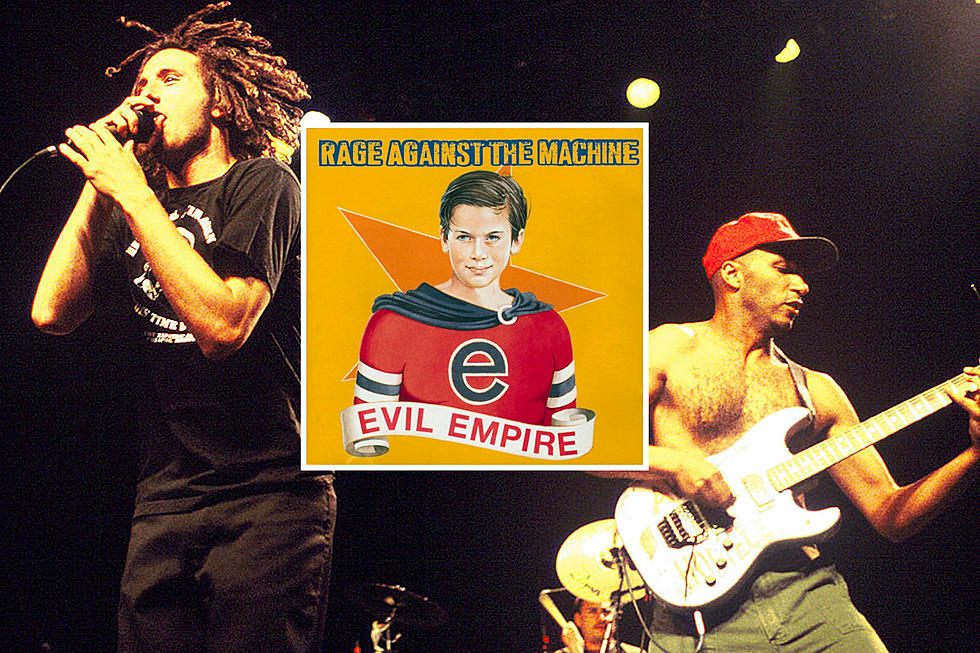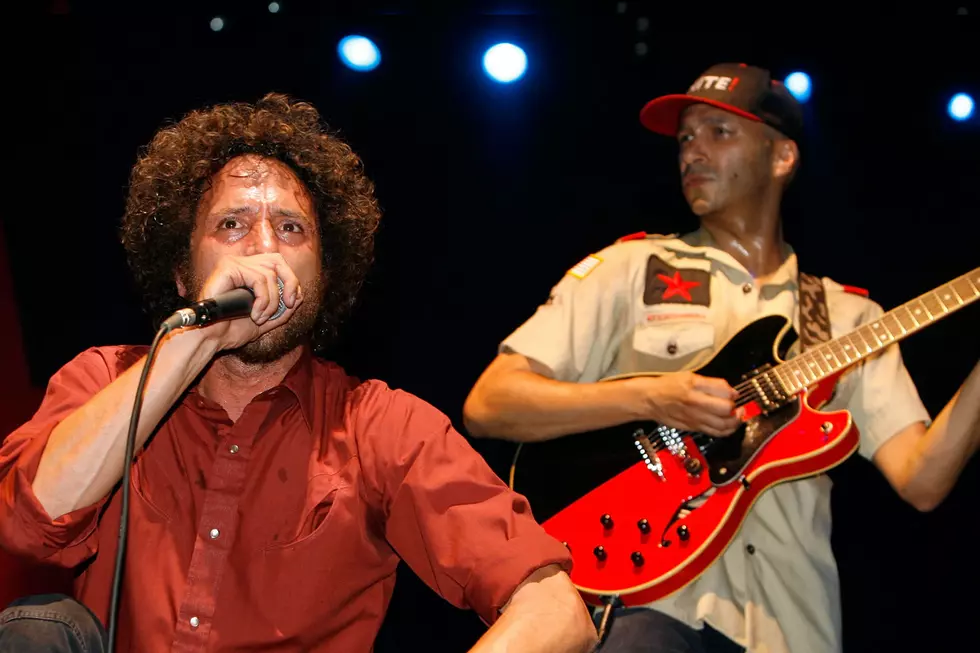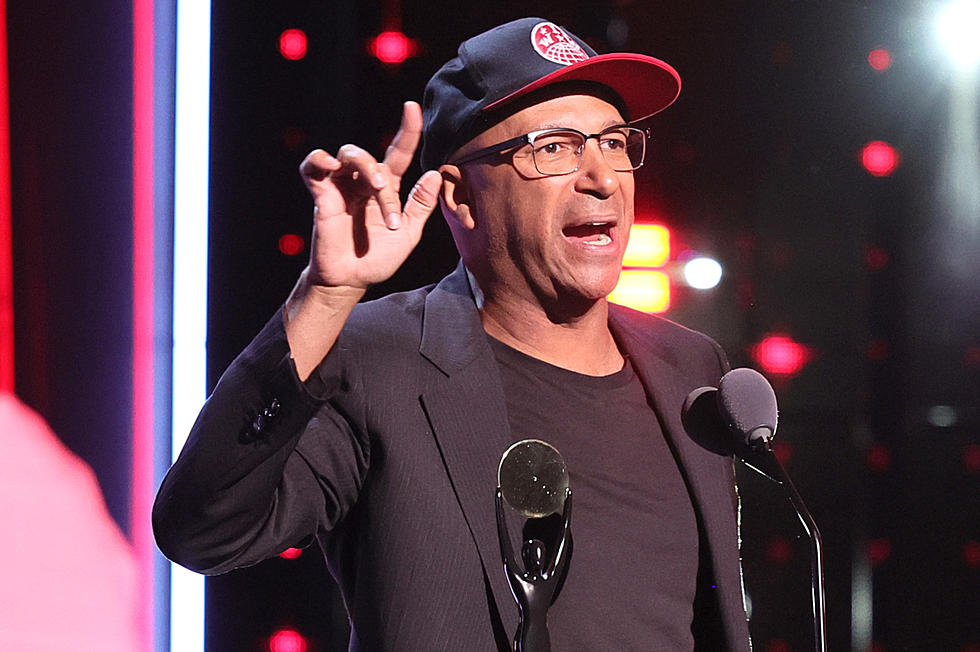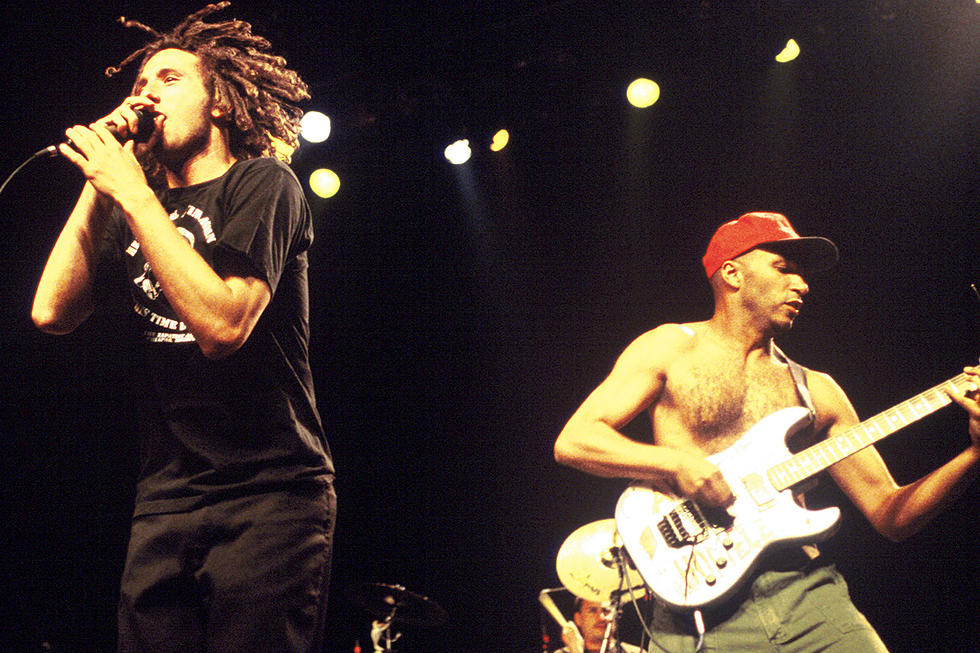
How Mexican Revolutionaries Inspired RATM’s ‘People of the Sun’
Rage Against the Machine’s 1996 single “People of the Sun” was a tidal wave of piercing vocals, searing guitar riffs and frenetic energy. It also served as a declaration of support for a Mexican revolutionary group.
That the band would champion such a cause was no surprise. On its breakthrough album, 1992’s self-titled release, the group established itself as rock’s newest radicals - a position cemented with a second LP, 1996’s Evil Empire. Rage Against the Machine’s political agenda was no gimmick; they studied the issues, knew their causes and supported revolutionary change with a conviction unmatched in modern music. Singer Zack de la Rocha’s belief in the Zapatista movement was a prime example of this.
In 1994, after a decade of underground formative years, the Zapatista Army of National Liberation publicly declared war on the Mexican government. The militant group, made up of mostly rural indigenous people, sought to reclaim control of land and natural resources from the Mexican government, which it viewed as corrupt. The Zapatista’s ideology - empowering workers and the common man, rather than trusting in government officials - was a natural fit for de la Rocha.
The singer came from a lineage of bold political-minded figures. His father, Beto, was a founding member of the Chicano art collective, Los Four. “They were artists who realized that art as a medium is also very political by nature," de la Rocha once explained to Ray Gun magazine. "[His father] would do a series of paintings for the United Farm Workers depicting, like, Mexican history to make it visible to the public. He and the other members - Carlos Almaraz, Frank Romero and Gilbert Lujan- all tried to document that and make it accessible to the community, and I think that's what we're trying to do with music."
Going further back, de la Rocha’s grandfather fought in the Mexican Revolution before moving to the States and working as an agricultural laborer.
"His working days lasted from 15 to 16 hours daily, sweating and subjected to poverty,” the frontman noted in a 1996 interview. “I see his experience reflected in the testimonies of the Zapatistas, the indigenous peasant rebels who struggle every day to make a living."
This familial history drew de la Rocha toward the Zapatista’s cause; he even made a pilgrimage to the organization’s headquarters in Chiapas, Mexico, on several occasions. Seeing the Zapatista’s struggles firsthand - battling Mexican government forces, having necessities like food and water cut off from them, while also having their resources taken away under the guise of the North American Free Trade Agreement (NAFTA) - de la Rocha was inspired.
“Given the crisis and the Free Trade Agreement, the people of the United States also feel like people 'without a face,’ that is, with no alternatives, without possibilities,” the singer later explained after visiting Chiapas with a group of U.S. colleagues. “Dialogue and the importance of the place given to us by the Zapatistas made us feel that we were a part of the Zapatista struggle, because we are students, workers, artists ... and many of us are Mexican."
These visits to Mexico would weigh heavily on de la Rocha as he worked on material of Evil Empire. The Zapatistas would inspire several songs on the album, including “Wind Below,” “Without a Face” and, most notably, “People of the Sun.”
Watch Rage Against the Machine's Video for 'People of the Sun'
Released as a single on Aug. 22, 1996, the song’s fiery lyrics included references to Mexico’s history, Mayan culture and the people's struggle's: “The fifth sun sets get back reclaim / The spirit of Cuauhtemoc, alive and untamed / Now face the funk now blastin' out your speaker / On the one, Maya, Mexica / That vulture came to try and steal your name but now you got a gun / Yeah, this is for the people of the sun.”
For the track’s music video, Rage Against the Machine showcased statistics illustrating the Zapatista’s cause, along with military footage and reenactments of historical events.
“People of the Sun” would become one of the band’s most recognized songs, its popularity helping Evil Empire sell more than 3 million copies in the U.S.
“We feel that our music can raise some very pertinent questions about the conditions in Mexico, and try to galvanize support and solidarity for the Zapatista movement,” de la Rocha explained to MTV at the time of the album’s release. “I think that people here supporting Zapatistas, trying to bring an end to it, and trying to bring a transition to democracy - a real democracy to Mexico -- would be significant and very important.”
Top 100 '90s Rock Albums
More From Ultimate Classic Rock









